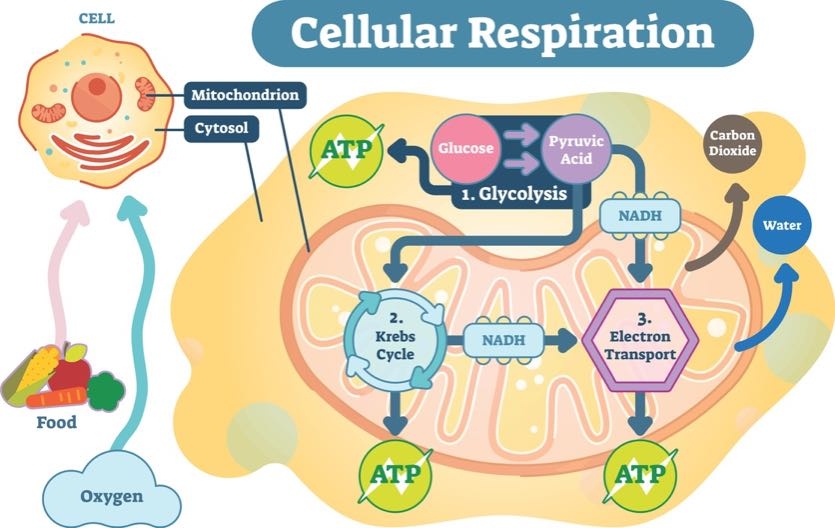Hidden Dangers of Everyday Products: How Your Shampoo, Toothpaste, and Food Are Slowly Harming Your Health
Most people assume that if a product is sold in stores, it must be safe. Unfortunately, this is not always true. Many everyday products—like shampoo, toothpaste, deodorants, and processed foods—contain chemicals and ingredients that can slowly damage your health over time. In 2025, as health awareness grows worldwide, experts are warning about the hidden dangers in the products we use every day without thinking twice.
🧴 1. The Hidden Risks in Personal Care Products
Personal care products like shampoos, body washes, deodorants, and toothpaste are meant to keep us clean and fresh. But many of these products contain ingredients that may disrupt your body’s natural balance and even your hormones.
Common Harmful Ingredients:
- Parabens: These are preservatives found in many shampoos and lotions. Research suggests they can mimic estrogen in the body, potentially disrupting hormone function.
- Sulfates: These create foam in shampoos and body washes but can strip your skin and hair of natural oils, leading to dryness and irritation.
- Triclosan: Found in some toothpastes and antibacterial soaps, it has been linked to hormone disruption and even antibiotic resistance.
- Aluminum compounds: Present in most deodorants, these may cause skin irritation and have raised concerns about long-term safety.
Healthy Alternatives: Choose products labeled paraben-free, sulfate-free, and aluminum-free. For toothpaste, consider natural options with fluoride and simple, recognizable ingredients.
🥫 2. Processed Foods: What’s Really Inside?
It’s easy to grab packaged meals, snacks, and fast food—especially in busy Western lifestyles. But these foods often contain a cocktail of chemicals and additives that can harm your body over time.
Ingredients to Watch Out For:
- Hidden sugars: Sugar goes by many names—high-fructose corn syrup, maltose, dextrose—and contributes to obesity, diabetes, and heart disease.
- Seed oils: Such as canola and soybean oil, which are highly processed and linked to inflammation when consumed in excess.
- Artificial sweeteners: Often marketed as “diet-friendly,” some studies show they can negatively impact gut health and insulin response.
- Preservatives & colorants: Like BHA, BHT, and Red 40, which may cause allergic reactions and other long-term health effects.
Healthy Alternatives: Focus on whole, unprocessed foods. Choose fresh vegetables, organic meats, wild-caught fish, and natural fats like olive oil and coconut oil. If you need snacks, go for raw nuts, seeds, or fruit instead of chips and candy bars.
🧪 3. Plastic Containers and Packaging
Plastic is everywhere—in food packaging, water bottles, and storage containers. While convenient, many plastics release chemicals like BPA (Bisphenol A), which can act like estrogen in the body and disrupt your endocrine system.
Simple Changes:
- Store food in glass or stainless steel containers.
- Use a reusable water bottle made of glass or high-quality stainless steel.
- Never heat food in plastic containers, as heat increases chemical leaching.
4. Household Cleaners: Are They Too Strong?
Many cleaning products contain strong chemicals that can irritate your lungs, skin, and eyes. Even “scented” products can release volatile organic compounds (VOCs), which are linked to respiratory problems and even long-term health issues.
Solution: Switch to natural cleaning options like vinegar, baking soda, and eco-friendly cleaners with transparent ingredient lists.
5. Hidden Chemicals in Clothing and Furniture
Even your clothes and home furniture can harbor harmful substances. Flame retardants, non-stick coatings, and stain repellents may contain per- and polyfluoroalkyl substances (PFAS), which are linked to immune system issues and even cancer.
What You Can Do: Wash new clothes before wearing, choose organic fabrics when possible, and avoid furniture with “stain-proof” coatings unless they specify non-toxic materials.
How to Transition to a Safer Lifestyle
You don’t need to throw everything out at once. Start small:
- Replace one personal care product with a cleaner alternative each month.
- Cook one more meal at home per week using fresh ingredients.
- Invest in one set of glass food containers to reduce plastic use.
Read Also:
Final Thoughts
Your health is your most valuable asset, and small changes can make a big difference. By choosing safer products and being mindful of what you put in and on your body, you can reduce long-term health risks and feel better every day. Share this article with a friend or family member—they might be using these products without knowing the risks!





.png)

No comments:
Post a Comment